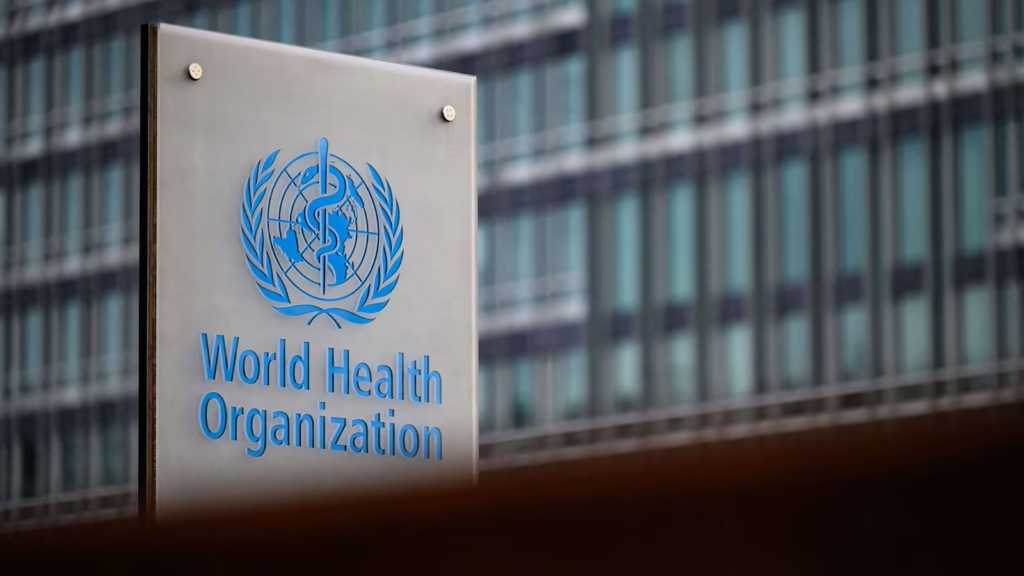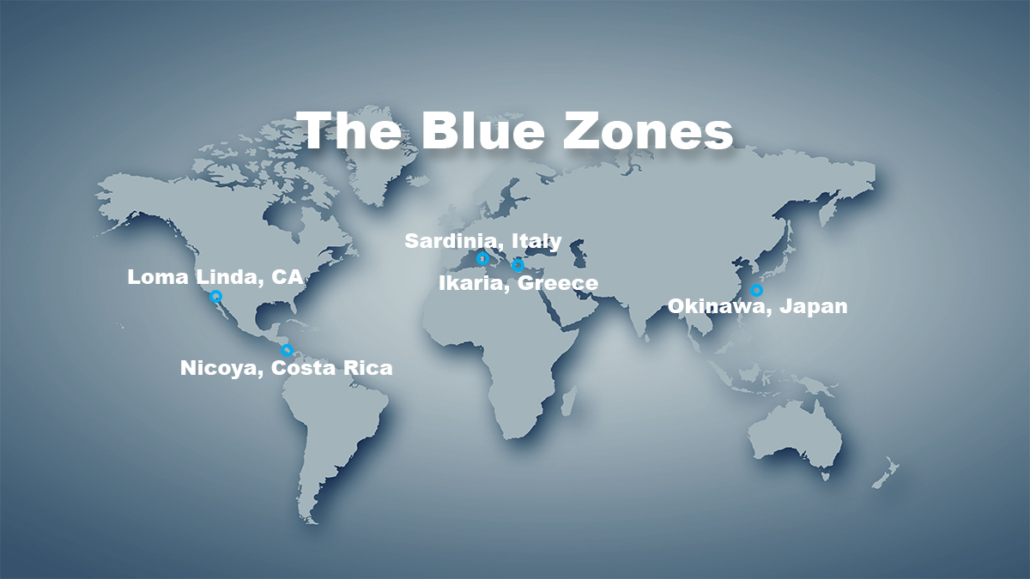Mental Health Policy Reforms 2025
World-wide mental health services were suffering from chronic underfunding and lack of accessibility. In response, the World Health Organization (WHO) has recently launched a transformative guidance to overhaul global mental health policies.

Global Context
About one in eight people in the world live with a mental disorder, with anxiety and depressive disorders being the most common in 2019. The number of people with one or both of these disorders went up by more than 25% in the first year of the pandemic alone.
In some regions, up to 90% of those with severe mental health conditions receive no treatment at all. The prevailing services often rely on outdated institutional models, which do not align with current international human rights standards.
“Despite rising demand, quality mental health services remain out of reach for many people. This new guidance gives all governments the tools to promote, protect and build systems that serve everyone.”
Dr Tedros Adhanom Ghebreyesus, WHO Director-General
The New WHO Guidance
The new guidance offers a comprehensive blueprint, ensuring that effective prevention and treatment are accessible to all. It emphasizes a holistic approach that includes lifestyle, physical health, and socioeconomic factors—elements crucial for fostering overall mental well-being. This policy is particularly vital in addressing the gaps where people in some regions receive no care at all.

Specific Aims and Strategic Directions
The guidance targets five key policy areas for urgent reform: leadership and governance, service organization, workforce development, person-centered interventions, and tackling social and structural determinants. By offering a comprehensive menu of policy directives, strategies, and actions, the guidance assists policymakers to customize reforms based on their national context and resources.
Core Elements of the New Policy
The new policy framework emphasizes a holistic approach, integrating several key components:
-
Comprehensive Care: The policy advocates for a system that includes lifestyle, physical health, and socio-economic factors, crucial for overall mental well-being.
-
Accessibility: It aims to bridge significant gaps in care, particularly where up to 90% of individuals with severe conditions in certain regions receive no treatment.
Detailed Strategy and Focus Areas
The WHO guidance outlines several critical areas for urgent reform:
-
Human Rights: Policies and services must comply with international standards to protect individual rights.
-
Holistic Care: Integration of physical, psychological, social, and economic interventions to address all aspects of health.
-
Social Determinants: Addressing factors like employment, housing, and education that significantly impact mental well-being.
-
Prevention and Promotion: Focusing on preventive care and promoting mental well-being across populations.
-
Empowerment: Involving people with lived experience in policy development to ensure responsive and inclusive services
“The inextricable links between mental and public health, human rights and socioeconomic development mean that transforming policy and practice in mental health can deliver real, substantive benefits for individuals, communities and countries everywhere,” said Tedros.
A Tailored Approach
Recognizing the diverse needs across different geopolitical contexts, This approach enables policymakers to adapt policies to their unique national contexts. It will ensure that the strategies are relevant and executable within their specific socio-economic and cultural frameworks. Thus making the guidelines applicable and effective in both low- and high-resource settings.
Proposing a detailed menu of policy options, the guidance ensures that every country, regardless of its income level or health infrastructure, can implement effective mental well-being interventions.
“This new WHO guidance provides practical strategies for countries to build inclusive, responsive and resilient mental health systems. Designed to be flexible, it allows all countries – whether low- middle- or high-income – to adapt their approach based on national context, needs, and priorities.”
Dr Michelle Funk, Unit Head, Policy, Law and Human Rights in the WHO Department for Mental Health and Substance Abuse.
The most significant impact of such an approach will likely be on the most vulnerable and previously underserved social groups. This includes individuals in low-income countries where access to mental well-being services has been extremely limited, as well as marginalized communities within more affluent nations. Furthermore, the policy places a strong emphasis on the inclusion of youths and adolescents, recognizing the early stages of life as a critical period for mental well-being intervention.
Conclusion
The WHO’s proactive stance on global reform is a commendable step towards a future where mental well-being is universally accessible, equitable, and effective. This initiative not only tackles immediate challenges but also sets a sustainable course for future advocacy and system enhancements. By focusing on comprehensive care, human rights, and empowerment, WHO’s guidance is poised to catalyze a paradigm shift in how mental well-being issues are addressed and managed globally.

















One Response